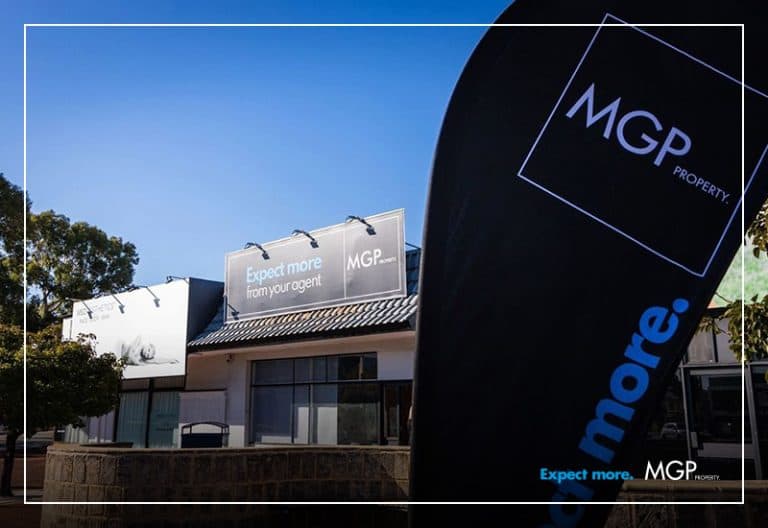

Are you looking to sell but worried you won’t find a new home? I can tell you, you’re not alone. It’s a difficult market right now, with buyers faced with a very limited pool of houses to choose from, leading to a widespread dilemma. Should you continue down the path and put your property on the market and hope you have enough time to find another, or wait in the hope that more properties become available, giving you more choice?
The issue for many of us, is that if the sale goes through before securing a new property, we may be stuck homeless and forced to move in with family or friends or have to go into the rental market. But at the same time, most of us can’t secure our next home if we are relying on offers subject to sale. This is due to a highly competitive market, making subject to sale offers much less appealing when comparing them to offers that are cash or subject to finance. It’s a conundrum – so no one wants to sell, which means fewer homes on the market to buy. Sounds like a perpetuating cycle to me!
So, what are some of the main pros of selling your home before securing your next purchase?
- It provides clarity around what your budget will be for your purchase.
- Your offer will be more attractive by not needing a subject to sale condition.
- You have the peace of mind that the sale part of the overall process is taken care of.
Now, what are some of the main cons of selling first?
- If prices continue to rise and you take too long to buy, you might need to stump up some extra cash.
- You may not find something to buy in time and be forced to rent or find somewhere temporary to stay until you find a new property.
Here are some ways to avoid the issue, or at least alleviate some of the pressure
First, let’s get the basics out of the way:
- Research and get a feel for the market. Allow yourself the time to really drill down on what you want and what you might be able to afford.
- Plan ahead and prepare your home for sale. For help on how to do this, read my top tips for getting the best price for your home.
- Get a solid understanding of the value of your property so that you know what you can afford. Get a detailed analysis on price from a trusted agent or valuer.
- Get your finances in order – speak to your bank or broker and seek pre-approval.
- Be ready to go in hard when you find the property you want. In a hot market, you may not want to leave things to chance or try too hard to bargain hunt while trying try to save a few dollars.
Now we have the basics out of the way, let’s look at your other options:
Option A: Decide to sell your home first and get a bridging loan
A bridging loan is a sum of money lent by a bank to cover a period between two transactions. In this case, the buying of one house and selling of another. This is summarised by Greg Collings from FirstPoint Mortgage Brokers, “A bridging loan will allow you to complete the purchase of the new property plus associated costs like stamp duty while giving you up to six months to sell your current home.” This could be a great solution if your bank is willing, and you qualify, but not all of us can pursue this option.
Option B: Get your agent to negotiate a longer settlement time
A longer settlement time can alleviate the pressure to find another home in such a short timeframe. It’s worth asking (if you don’t ask, you don’t get!) if you feel like it will give you the time you need. Speak to your agent to see what sort of duration is realistic for an extended settlement.
Option C: Lease back options
Ask your agent to negotiate a lease back period for you. This is when you lease the property back from your buyer for a short period after settlement. This may give you anywhere from an additional two to six months to find your next home (or however long you can negotiate). This might avoid the hassle of moving to a rental and getting stuck in a longer lease agreement.
Option D: Sell your home subject to buying your next home
How about trying something a little different?
Consider a Sell Subject to Buy clause in the contract that allows you or the buyer to cancel the contract within a reasonable timeframe, should you not find a suitable property. Of course there are risks, but this option could really free up some time for you to secure that next purchase.
Almost any agreement between a buyer and seller that follows the rules of a clause can be applied. I’m not a lawyer, so make sure you check this with a legal professional, but the basic rules of a clause include:
- What the parties are agreeing to
- Who is a party to it
- Who is responsible for it
- What the consequences are in the event it doesn’t happen
Your agent’s lawyer should not have any issues drafting such a clause and, given that REIWA does not provide a standard annexure to cover this, in my opinion, legal advice and legal drafting is absolutely essential in this scenario. There are no guidelines for or against sellers adopting this condition – just make sure the clause is airtight.
I’m actually confused as to why we are not seeing this happen more given the current market conditions and with this being an obstacle for so many homeowners. I’m guessing it’s due to the industry being slow to act, which is what prompted me to write this article. In changing times such as the ones we find ourselves in now, we need to be creative, flexible, and have the means to move quickly. I for one believe this is the way forward for the near foreseeable future.
If you want to have chat with James about your real estate matters, he is happy to help. He is best contactable via email at james@mgpproperty.com.au or on 0447 120 125.
You may also be interested in:
- Presenting Your Home For Sale – A Real Estate Agent’s Top Tips
- 5 Things to Consider When Choosing an Agent
- Things to consider when selling your home in a surging property market
- Things to consider when buying property in a surging market
